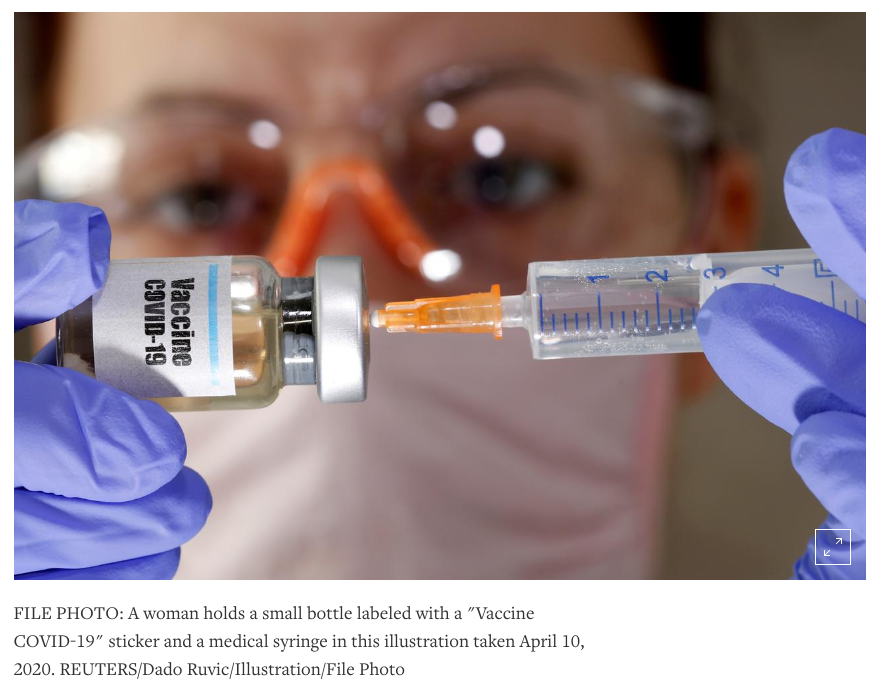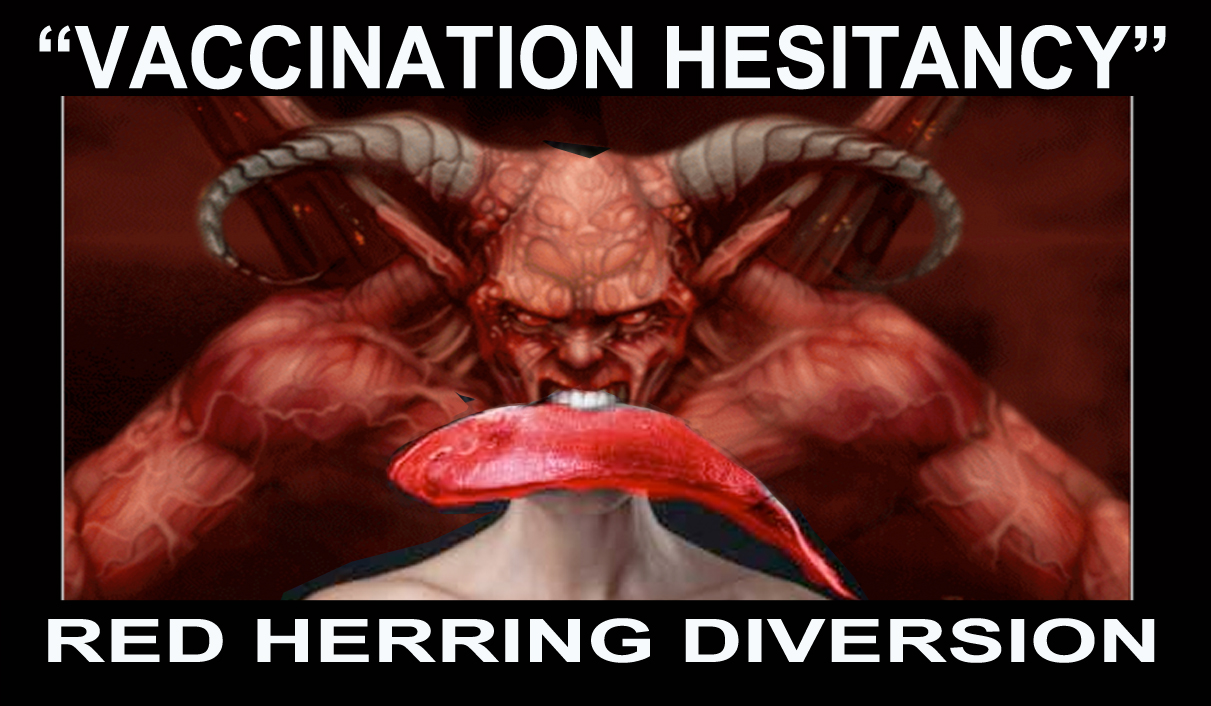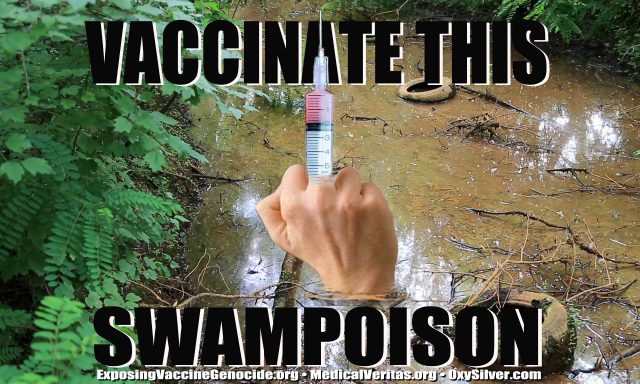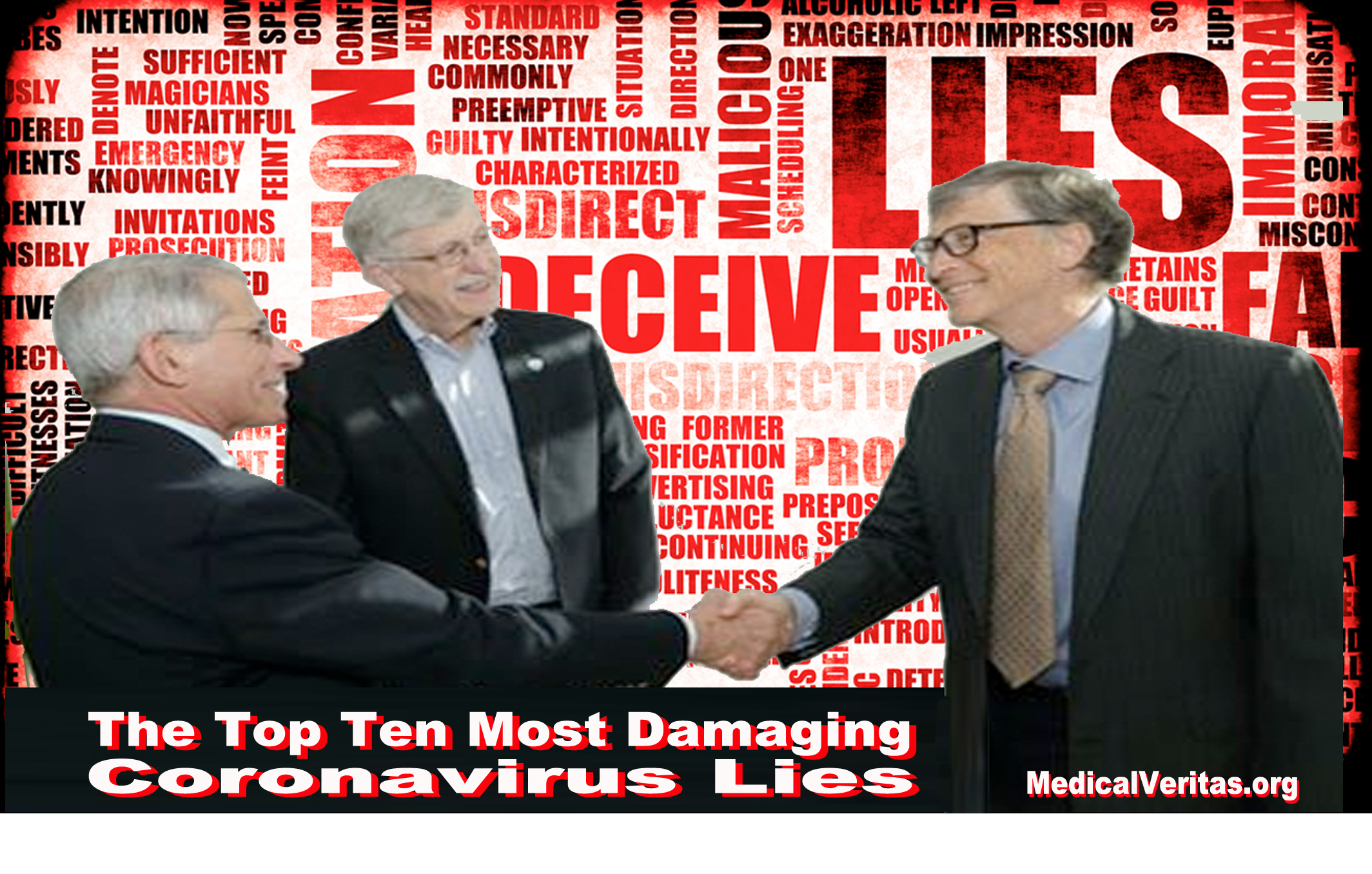Vaccine Injury Compensation Scam Challenged
Original article by Tom Hale in Wilmington, Delaware; Additional reporting by Michael Erman in Maplewood, New Jersey; Editing by Michele Gershberg and Grant McCool published by Reuters Aug 21, 2020
COVID-19 era highlights U.S. ‘black hole’ compensation fund for pandemic vaccine injuries
(Reuters) – A U.S. government program that compensates people who say they have been harmed by an emergency vaccine has paid out on fewer than 10% of claims, raising questions whether the process should be used to address any potential side effects from a coronavirus shot, according to some lawyers who have filed such claims.

The Countermeasures Injury Compensation Program (CICP), run by an agency under the U.S. Department of Health and Human Services (HHS), has been designated to handle any issues with a COVID-19 vaccine.
The lawyers say the program is inadequate for addressing fast-tracked coronavirus vaccines bit.ly/bigpicturecovid.
They say that any COVID-19 vaccine injuries should be handled through a different HHS program known as the “vaccine court,” a more transparent process with a better record of compensating people for the rare injuries or serious side effects from routine inoculations, such as measles shots.
The National Vaccine Injury Compensation Program (VICP) covers claims regarding 16 routine vaccines recommended by the Centers for Disease Control and Prevention (CDC).
When it comes to addressing any potential harm from a COVID-19 vaccine, “there are major deficiencies that need to change” in the U.S. approach, said Peter Meyers, an emeritus professor at George Washington University School of Law and former director of the Vaccine Injury Litigation Clinic.
Meyers described the CICP as a “black hole” process handled entirely within HHS, rather than a court, without fees for attorneys or expert witnesses, a short one-year window to file claims and limited participation by the claimant.
HHS declined comment on criticisms of using CICP to process potential COVID-19 claims.
Drugmakers including Moderna (MRNA.O), Pfizer (PFE.N) and AstraZeneca (AZN.L) are working to deliver a safe and effective vaccine against COVID-19 as early as this year, compressing years of development into months.
The effort has raised concerns among many Americans that a vaccine may be introduced to tens of millions of people before the potential risks are fully known.
VACCINE INUURY COMPENSATION SCAM SHIELDS DRUGMAKERS
The U.S. system shifts liability for vaccines to the government, and shields drugmakers, because widespread inoculation against disease is considered a benefit to society.
While billions of vaccine doses have been administered in the United States over the past 30 years, government data shows that around 1 person in a million suffers a serious injury that warrants compensation.
Congress set aside $30 billion this year for HHS to fight COVID-19, including funding vaccine development and possibly any necessary compensation. So far, no claims regarding COVID-19 drugs have been filed with CICP and the program has not requested specific funding, an HHS spokesperson said.
Of 485 claims filed since CICP began reviewing claims in 2010, only 39 people have received compensation for a total of $5.7 million, according to the Health Resources & Service Administration (HRSA), which runs the program for HHS.
Almost all of the claims involved H1N1 pandemic flu vaccines, according to information obtained by Meyers through a Freedom of Information Act request. The CDC estimates about 123 million people over the age of six months received the vaccine for H1N1, also known as swine flu.
“It’s not fair to people on the frontlines, if they are the first to get this vaccine and they have to go to the CICP and get little to nothing,” said Renée Gentry, the director of the Vaccine Injury Litigation Clinic.
U.S. officials have said the first people to receive a successful COVID-19 vaccine would include healthcare workers and people at high risk of complications from the virus.
An HRSA spokesman said the CICP denies claims for a variety of reasons, including the legal requirement there be “compelling” scientific evidence that a vaccine directly caused injury. CICP only covers medical costs and lost income not covered by others, such as private health insurance.

HELP OR HARM?
The programs are considered crucial by drugmakers, protecting them from liability in the U.S. market where lawsuits over products have cost them billions of dollars.
Pfizer, which is working on a COVID-19 vaccine with Germany’s BioNTech (22UAy.F), expects the U.S. system to provide a blueprint for dealing with liability in other countries.
“We’re pursuing similar liability protections outside the United States through contractual and/or legislative efforts, and we believe this is going to be manageable,” Pfizer general counsel Doug Lankler told investors last month.
AstraZeneca said it has received protection from liability for its COVID-19 vaccine from most of the countries it has struck supply agreements with.
People who suffer serious injuries from an emergency vaccine in the United States are required to first seek compensation through the CICP, and then, if they decline any award, they can bring a case in court. However, they have to prove a drugmaker acted with “willful misconduct,” which lawyers said would make a case nearly impossible.
Lawrence Karol, 70, of Encino, California developed large fatty cysts after getting a vaccine against H1N1 in 2009. It took him nearly a year to find where to file a claim for up to $10,000 in lost income and the cost to remove a baseball-sized growth from his arm where he received his shot.
By the time he got a hearing, he was told the one-year time limit for claims had passed. The hearing judge said he had no recourse but one: “They told me to go to Congress to change the vaccine statute of limitation laws,” he said.
Gentry of the Vaccine Injury Litigation Clinic said that COVID-19 vaccines should fall under the VICP. The fund has paid out an average of $216 million annually to an average of 615 claimants each year since 2015, according to HRSA.
Attorneys said the VICP pays on about 75% of claims. Cases include witness testimony, public rulings and appeals through the federal court system.
The VICP is funded by an excise tax on vaccine doses, and pays fees for attorneys and experts, so claimants often have legal representation.
VICP cases can take years, but Gentry said it’s still an improvement on the CICP program which she described as “the right to file and lose.”
Reporting by Tom Hals in Wilmington, Delaware; Additional reporting by Michael Erman in Maplewood, New Jersey; Editing by Michele Gershberg and Grant McCool









